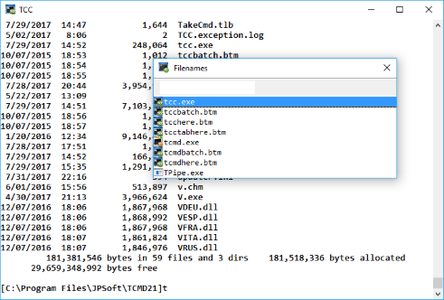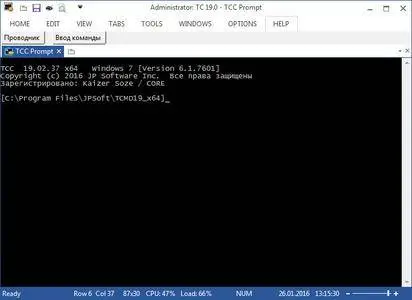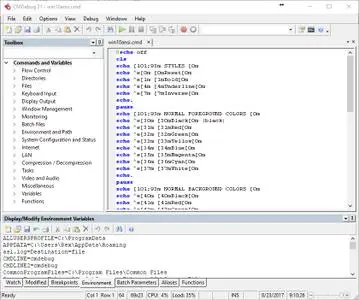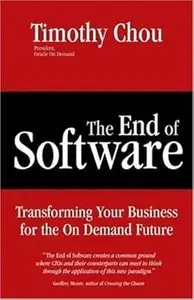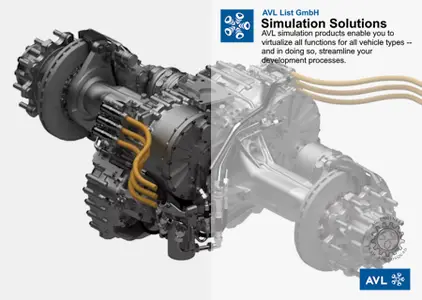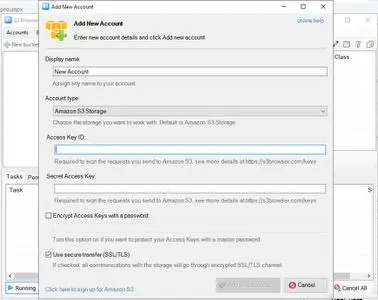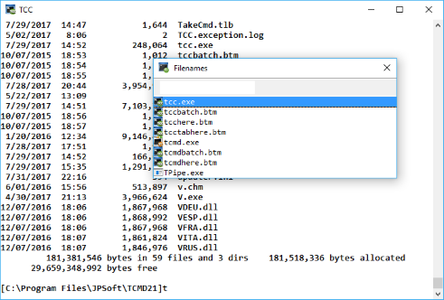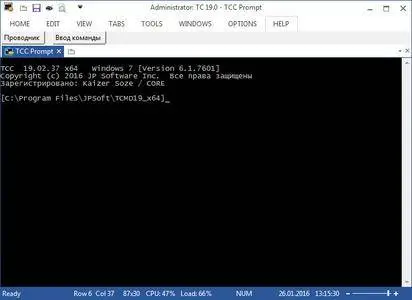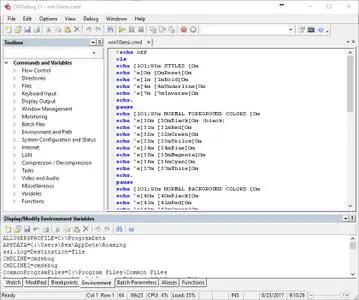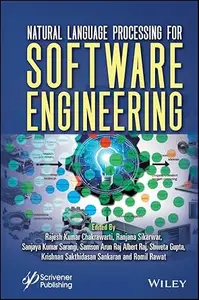 Free Download Natural Language Processing for Software Engineering
Free Download Natural Language Processing for Software Engineering
English | 2025 | ISBN: 139427243X | 528 Pages | PDF, EPUB (True) | 72 MB
Agile development enhances business responsiveness through continuous software delivery, emphasizing iterative methodologies that produce incremental, usable software. Working software is the main measure of progress, and ongoing customer collaboration is essential. Approaches like Scrum, eXtreme Programming (XP), and Crystal share these principles but differ in focus: Scrum reduces documentation, XP improves software quality and adaptability to changing requirements, and Crystal emphasizes people and interactions while retaining key artifacts. Modifying software systems designed with Object-Oriented Analysis and Design can be costly and time-consuming in rapidly changing environments requiring frequent updates. This book explores how natural language processing can enhance agile methodologies, particularly in requirements engineering. It introduces tools that help developers create, organize, and update documentation throughout the agile project process.
(more…)
